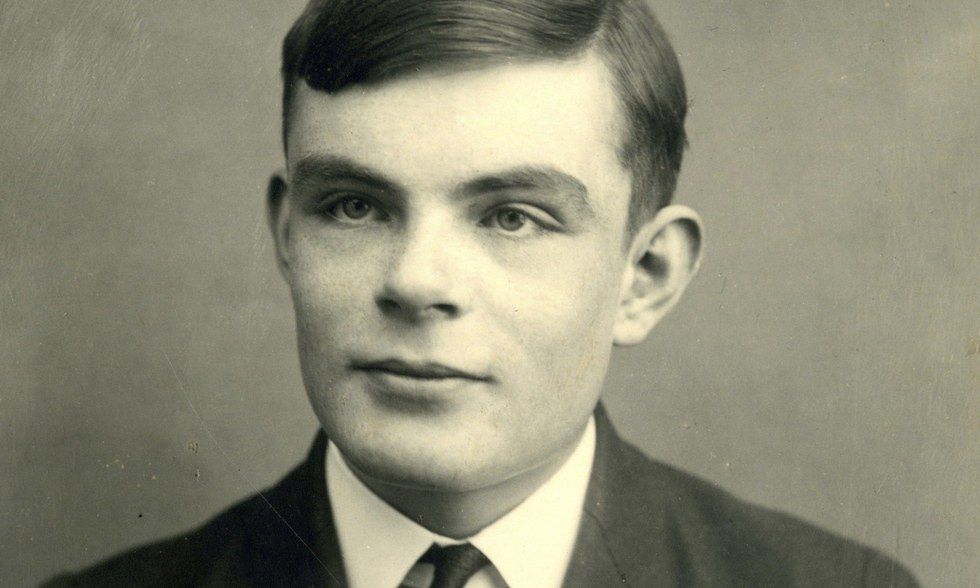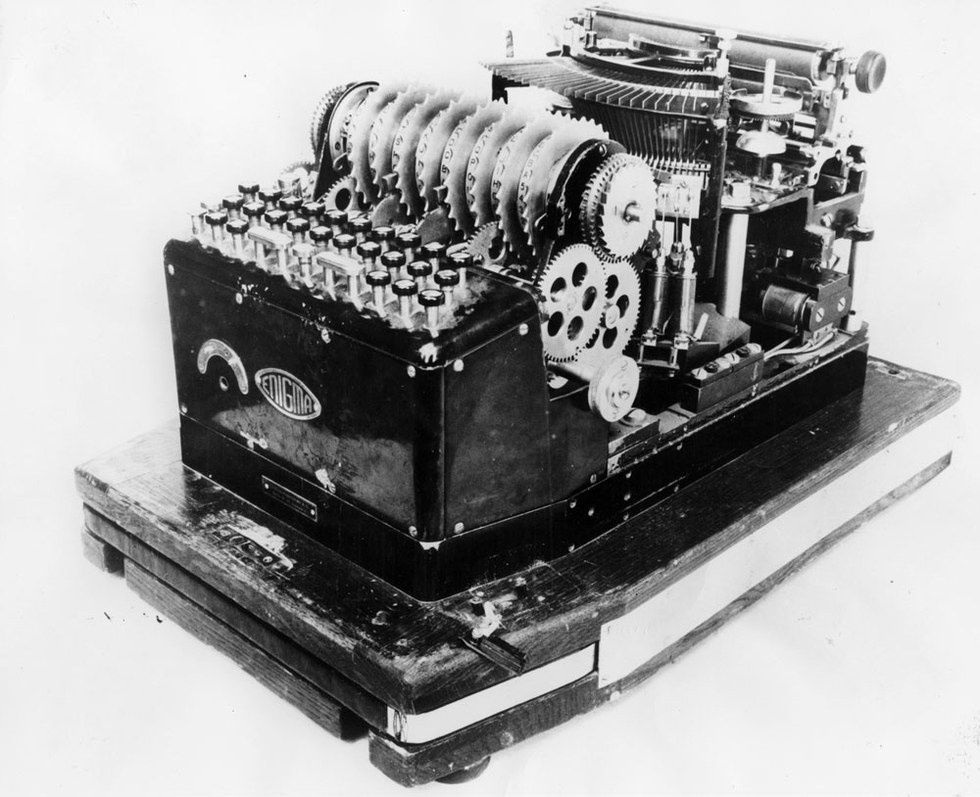Alan Turing predicted that one day computers would surpass human intelligence and from his idea, devices like the Microsoft’s X-Box Kinect and social media application, Snapchat’s facial recognition software, allow computers to detect and imitate your movements creatively. Virtual reality has recreated landscapes, the solar system, cities thousands of miles away, and mirror the real world to give users a “realistic” experience without having to leave the comfort of the home. Artificial intelligence is rising out of the beta testing and into the computers and smart phones of millions to recognize your voice, track your health and sleep, perform on command, and learn from you to better adapt to your needs. As painful the mid to late 2000s were for the smartphone community, users are finally leaving the beta testing stages and using the technology of the future that Turing promised would rise over 60 years ago. Vaguely do millennials remember the last time they used an encyclopedia to conduct research and perhaps fewer know how to operate microfilm readers. As a 21st century society that has become extremely dependent on computers, information technology, and simple AI, how much further could we have advanced as a civilization if Alan Turing did not commit suicide?
Photo of Alan Turing
Alan Mathison Turing was a British mathematician and codebreaker mostly known for his role in World War II in breaking the German enigma codes that would aid in the defeat of Hitler and his influence in Europe which is highlighted in the 2014 film, The Imitation Game. Turing’s work would lay out the foundations of information technology, modern computing, and artificial intelligence that came out of the 20th century and are progressively developing today. Computers like the radio, television, or telephone were inventions that cannot be attributed to one individual but are innovations that have progressed through the research and ideological developments of multiple men and women. Alan Turing was a homosexual and aware of it from an early age at a time in England where same-sex acts between men were illegal. The stigmas surrounding the homosexual community in the mid-20th century and the United Kingdom’s values, norms, and beliefs shaped the way that the world community would view individuals labelled as either lesbian, gay, bisexual, or transgender in the public and private sector.
In the 1940s and 1950s, when Turing’s work focused on devising a machine that could imitate or work similar to a human brain, the British were continuing to shape their interests and identities to represent a nation intolerant to homosexual behavior or queerness of any sort to uphold the traditional values of the crown, its parliamentary institutions, and God-fearing attitude. The religious ties throughout England’s history influenced the behavior of the state to persecute and encourage discrimination of gays. Homosexuality would be viewed as a choice that could be reversible by threat of death or chemical castration and opposed by the views held by England.
Turing’s role within the government began in Bletchley Park, “the UK’s main wartime decryption centre,” where he decoded German military messages alongside some of the brightest mathematicians in England at the time. Turing’s idea of a machine that could break “an unbreakable code” granted him access and security clearance at a time in world history where the powers of good and evil were head to head with one another across the English Channel. The work that Turing would go on to pursue after Bletchley Park were at institutions of higher education as well as at governmental bureaus. His ventures were always meant to answer one question: “Can machines think?”. Turing would create a test to determine whether or not one was speaking to a human or a computer through individual tasks that could be evaluated for human mistakes and observations of free thinking, a concept unfamiliar to a computing system. Turing would also work on self-modifying computers which would eventually become the precursor for the development of artificial intelligence or AI. In order to have access to materials and research, Turing would need to obtain security clearances in a rising Cold War world where it would be challenging as a homosexual man (even in secret) to be granted such status.
Photo of German Enigma Machine
Turing had helped the British government in cryptanalytic work during one of the most awesome wars in history and was on the path to develop artificial intelligence that could one day challenge the minds of humans, but his internal identity as a homosexual halted any advancements the U.K. would make in realm of informational technology for the next decades.
Turing would spend his final days in an English society that believed his sexual orientation deemed him psychologically damaged and perverted. Perhaps if the U.K. had adopted their own norms to deal with homosexuality instead of those of the rising hegemon in the west, Turing would have lived to be 91 instead of 41. In 1952, he would be arrested and prosecuted for homosexuality and given the option of either prison or chemical castration. Turing chose the latter and it is assumed this incident and medical procedure led to his suicide in 1954.
Turing’s end was a death by ideologies, values, and norms held by a nation that was reluctant to make a change to its national agenda in fear that it would upset the rising hegemonic state at that time, The United States. We have become a people that has labelled anything with a processing hard drive “SMART”, but our debatable traditions of the pasts perhaps have cost us some of the greatest minds the world has ever known.
Where would technology be today if Turing hadn’t committed suicide? Would 2016 mirror an episode of Black Mirror? Could operating systems become the new labor force and over power humans? What if…
























